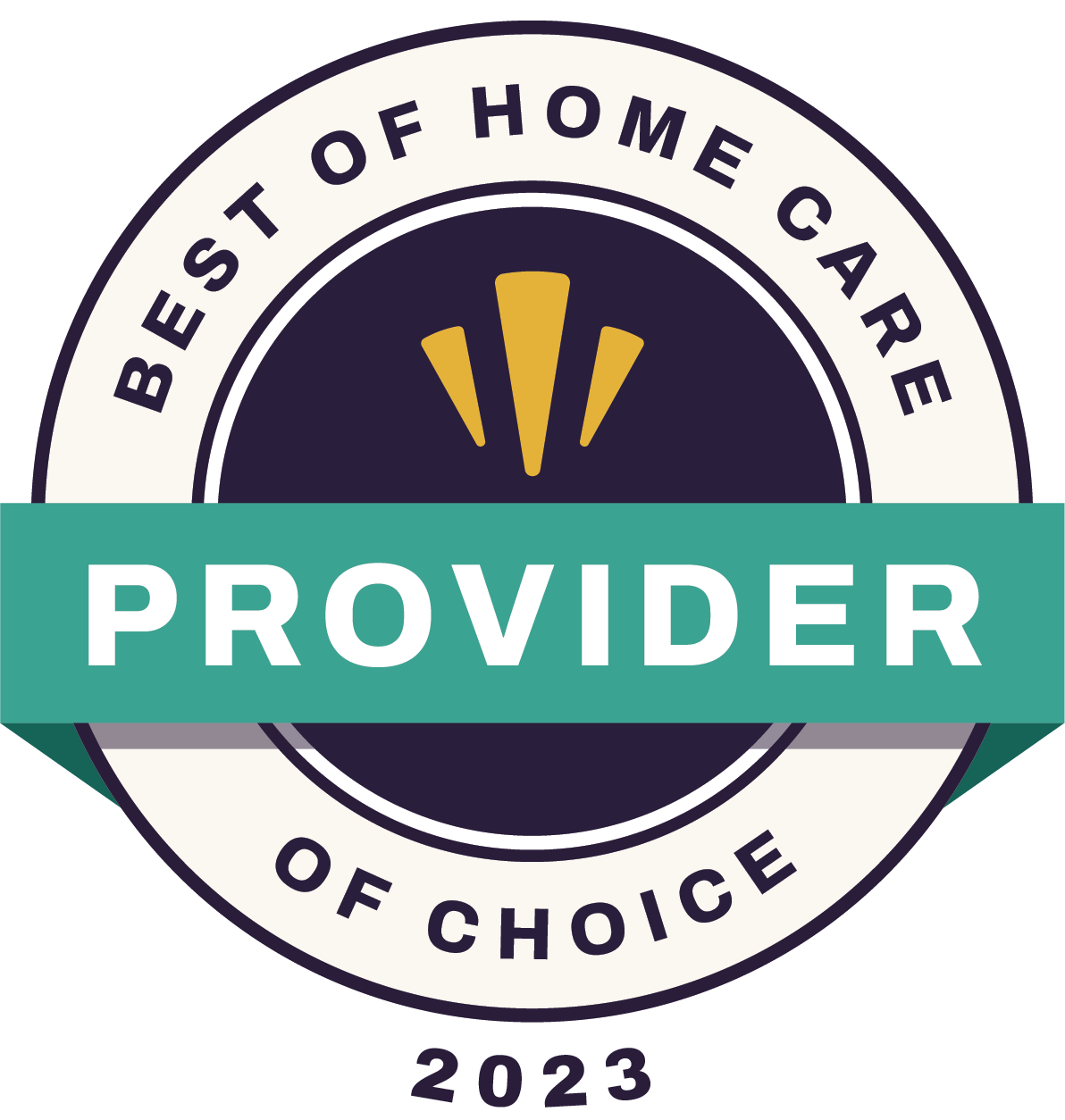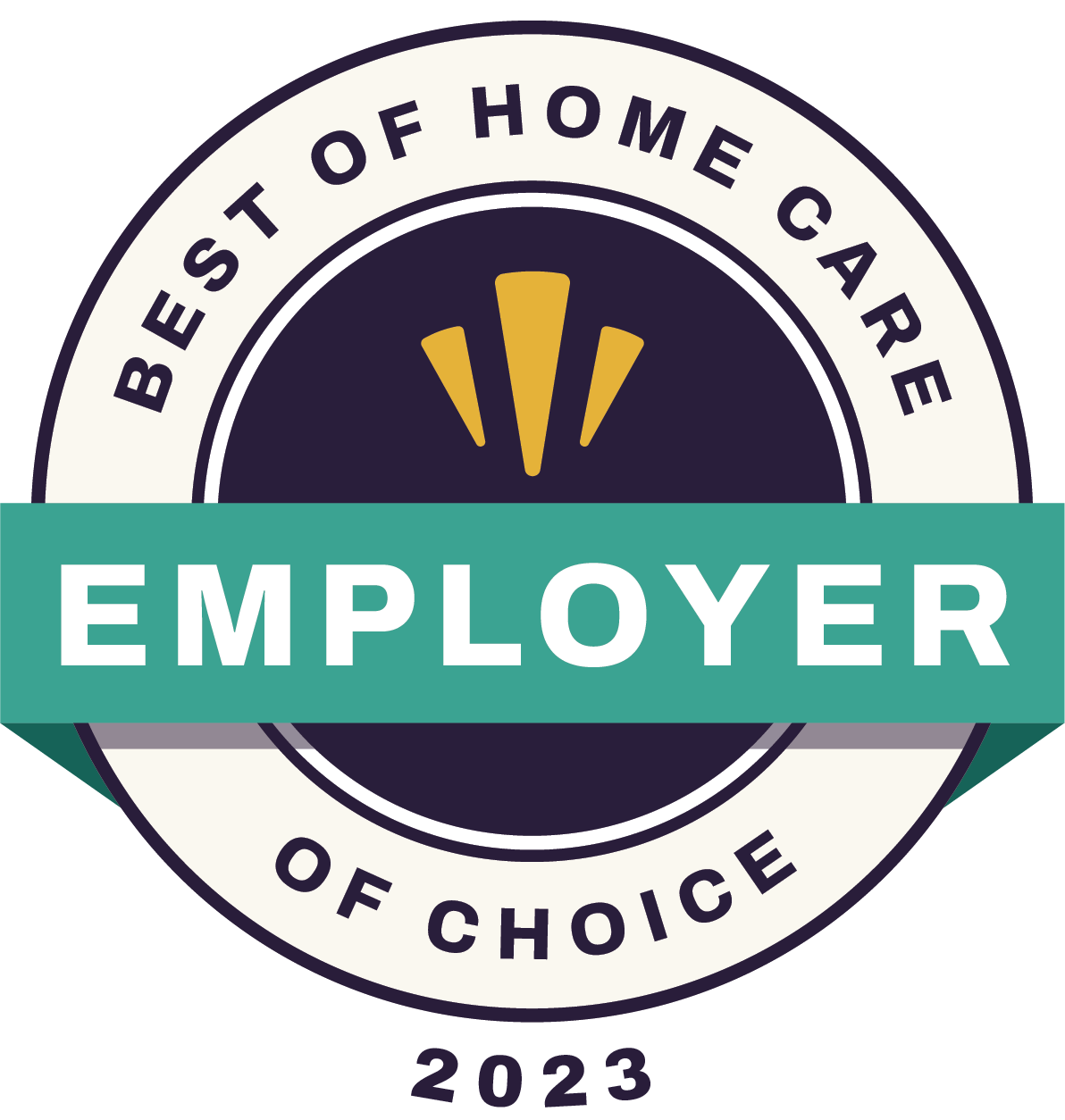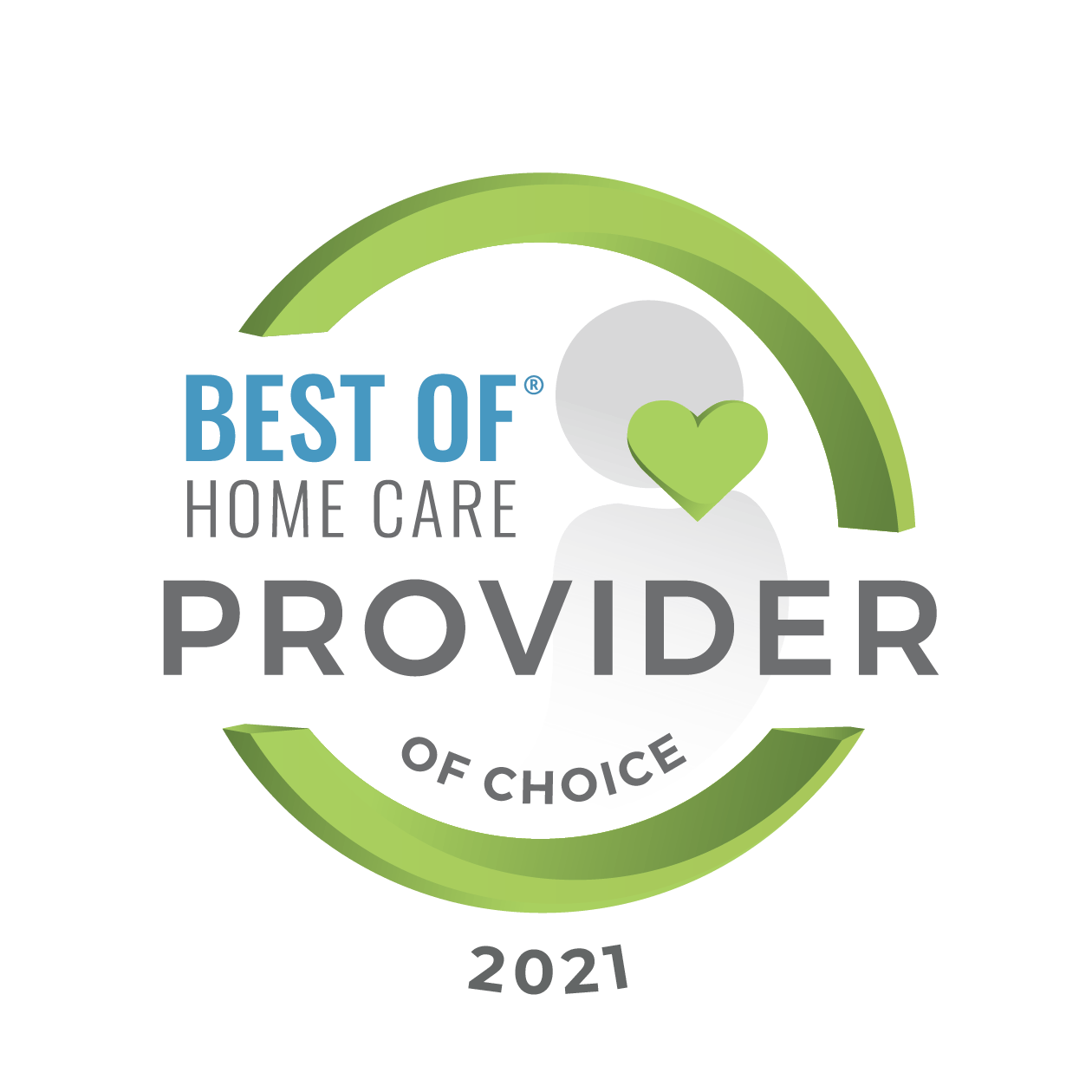Senior Home Care Services in Alexandria, VA
If you are looking for elderly companion care or senior home care services in Alexandria, VA, turn to the caring team at Philia. Our home care nurses are dedicated to going beyond the basics and providing exceptional care and companionship.
Each client receives a personalized care plan that starts with their activities of daily living and includes activities that will help you thrive. We can accompany you on errands, help with housekeeping, or just drop by for a chat, and we will work with you and your family to develop a Personalized Care Plan.
Call 240-557-3167 or keep reading to learn more about our senior home care services in Alexandria, VA.
Exceptional Caregivers
Personalized Care
A Registered Nurse will meet with you to develop a care plan to focused your safety, health and wellbeing. Your health will be continually monitored with adjustments to the care plan as needed.
Quality Assurance
We closely monitor your care and continually make adjustments for optimal care. Your assigned Care Specialist will partner with you to ensure the highest quality of care.
Benefits for Seniors
Personalized Care Plan
Dedicated Care Specialist
Complimentary Assessment
Disease Specialties
Quality Assurance
Consistent Caregiving
Friendly Companions
FUN!
The Advantages of Home Care Compared to Assisted Living for Seniors
| Aspect of Care | Assisted Living | Home Care |
|---|---|---|
| Familiar Environment | ||
| Personalized Care | ||
| Independence | ||
| Emotional Well-Being | ||
| Companionship | ||
| Privacy | ||
| Cost | ||
| Flexibility | ||
| Safety and Security | ||
| Personal Belongings | ||
| Control Over Meals | ||
| One-on-One Attention | ||
| Familiarity with Caregivers | ||
| Control and Privacy | ||
| Care for Couples |
Assisted Living
Involves them moving to a new, unfamiliar communal setting, which may take time to adjust to.
Home Care
Allows seniors to stay in their own homes, surrounded by familiar surroundings and memories.
Assisted Living
Standardized care for all residents, which may not meet specific needs. Care is usually more in a structured group setting.
Home Care
Provides one-on-one attention and Customized care plans tailored to their individual needs, preferences, and routines.
Assisted Living
Assistance is often readily available, but it may limit independence. May involve more structured routines and less control over daily activities.
Home Care
Promotes and encourages seniors to maintain independence in their daily activities and routines and decisions about their lives.
Assisted Living
Transition to assisted living can be emotionally difficult for seniors.
Home Care
Reduces the emotional stress of transitioning to a new environment, which can be challenging for seniors.
Assisted Living
Socialization within the facility, but limited interaction with the outside world.
Home Care
Opportunities for social interaction with family, friends, and neighbors.
Assisted Living
Limited personal space and privacy in a communal living environment.
Home Care
Seniors maintain their privacy, as caregivers visit during scheduled hours.
Assisted Living
Assisted living facilities come with a set monthly fee, which may be higher due to facility fees and amenities.
Home Care
Potentially more cost-effective, as you only pay for the specific care needed or for those who only require minimal assistance and support.
Assisted Living
Assisted living facilities may have rigid schedules and services, limiting care options.
Home Care
Caregivers adapt to changing needs, adjusting care plans as required, with flexibility in choosing caregivers and scheduling.
Assisted Living
Assisted living facilities offer security but in a shared environment.
Home Care
Familiar surroundings may contribute to a sense of safety and security.
Assisted Living
Space limitations in assisted living may require downsizing.
Home Care
Seniors can keep cherished possessions and maintain a sense of home.
Assisted Living
Meal plans are typically structured and less flexible.
Home Care
Seniors have control over meal choices, dietary restrictions, and cooking preferences.
Assisted Living
Staff-to-resident ratios can limit individualized attention in facilities.
Home Care
More one-on-one attention from caregivers due to personalized care plans.
Assisted Living
Transitioning to assisted living can be emotionally challenging.
Home Care
Seniors can age in place, avoiding the stress of moving to a new location.
Assisted Living
Provides opportunities for socialization with only peers in the facility.
Home Care
Allows seniors to maintain existing social connections with friends and neighbors.
Assisted Living
Caregivers may change frequently in a facility, reducing consistency.
Home Care
Seniors can build close relationships with caregivers, leading to better trust and comfort.
Assisted Living
Living spaces in assisted living are shared, limiting privacy.
Home Care
Seniors have more control over their living space and can maintain privacy.
Assisted Living
Assisted living may separate couples if their care needs differ significantly.
Home Care
Ideal for couples who want to stay together and receive care in their shared home.
Taking the Next Step
Schedule Call
Care
Get matched with one of our excellent caregiving teams, based on your assessment.
FAQs
What is Home Care?
Home care refers to a wide range of health and supportive services provided to individuals in their own homes, typically to help them manage illness, injury, or age-related conditions. Home care is designed to assist people in maintaining independence and quality of life while staying in a familiar, comfortable environment. It can be short-term or long-term, depending on the person’s needs, and is often customized to meet specific medical, therapeutic, and personal care requirements.Home care is a flexible and comprehensive approach to caregiving that allows people to receive medical treatment, personal support, and companionship without leaving their home. It can be vital for elderly individuals, those with disabilities, and people recovering from surgery or illness. The focus is on enhancing quality of life while ensuring safety, dignity, and independence.
What Services Does Home Care Offer?
Home care is provided by aides with training focused on keeping seniors safe as they age at home. These aides offer personal care, housekeeping, assistance with activities of daily living, and companionship. They do not provide medical care.
Benefits of Home Care?
Home care can play a critical role in assisting seniors in maintaining their independence, allowing them to continue to live in the comfort of their own homes. Sometimes this type of care is needed temporarily, such as during recovery from an illness or injury, and sometimes it is needed indefinitely due to the natural process of aging. In many cases, without in-home, non-medical assistance, the likelihood that seniors might need to move in with a family member or relocate to an assisted living residence is greater.
For seniors who live with a relative who provides them with regular care assistance, non-medical care can be received in the form of respite care (in-home or out-of-home). Respite care allows primary caregivers a break from their caregiving duties. Furthermore, home care can provide peace of mind for family members, knowing that their loved ones have someone supervising them and helping with activities that are necessary to live independently.
Is Home Care Right for My Family ?
In-home personal care may be a good fit for seniors who are generally independent but need extra assistance with daily tasks and activities.
When Should I Consider Home Care?
- Your loved one is no longer comfortable with or capable of cooking and needs help preparing meals or purchasing groceries to meet their dietary needs
- Your aging relative doesn’t drive anymore and requires reliable transportation to appointments or activities
- Your loved one would benefit from companionship to prevent social isolation
- Your relative is no longer able to dress or bathe independently or needs additional help getting ready for the day
- Household tasks like laundry and light housekeeping have become strenuous
- Your loved one would benefit from reminders to take medications or set appointments
Taking your loved one’s individual needs and interests into account will help you determine if nonmedical home care is the best choice for your family. If you’re an adult child of a senior parent who needs additional assistance, or if you or your spouse would benefit from extra help, ask yourself the following questions to see if home care is a good fit.
- Do you or your loved one wish to age at home for as long as possible?
- Do you or your loved one need significant medical assistance or attention?
- Would you or your loved one benefit from help around the house with tasks that have become more difficult over time?
- Are you or your loved one beginning to feel isolated living at home without regular social interaction?
How Can I Pay Home Care?
Since home care isn’t medical, it isn’t covered by most insurance plans. The majority of people pay for in-home care using private funds. These may include the following:
- Retirement income or pensions
- Savings
- Home equity
- Long-Term Care Insurance
Long-term care insurance may provide funds for nonmedical in-home care. These benefits generally begin to apply once a loved one needs help with two or more ADLs, like bathing or dressing. Generally, someone needs to sign up for and begin paying into a policy well in advance, before they require this assistance.
The U.S. Department of Veterans Affairs may offer programs to help veterans and their families pay for home care. The VA’s Aid and Attendance Benefits and Household Allowance may provide monthly stipends to qualifying recipients. Generally, to qualify, someone must need help with two or more ADLs, be homebound, or have very poor eyesight.
Private insurance policies don’t generally cover nonmedical home care, but flexible spending accounts can be used to pay for these services.
How Much Does Home Care Cost?
Home care is a budget-friendly alternative to independent or assisted living that allows your relative to remain in their own home.
Featured Resources
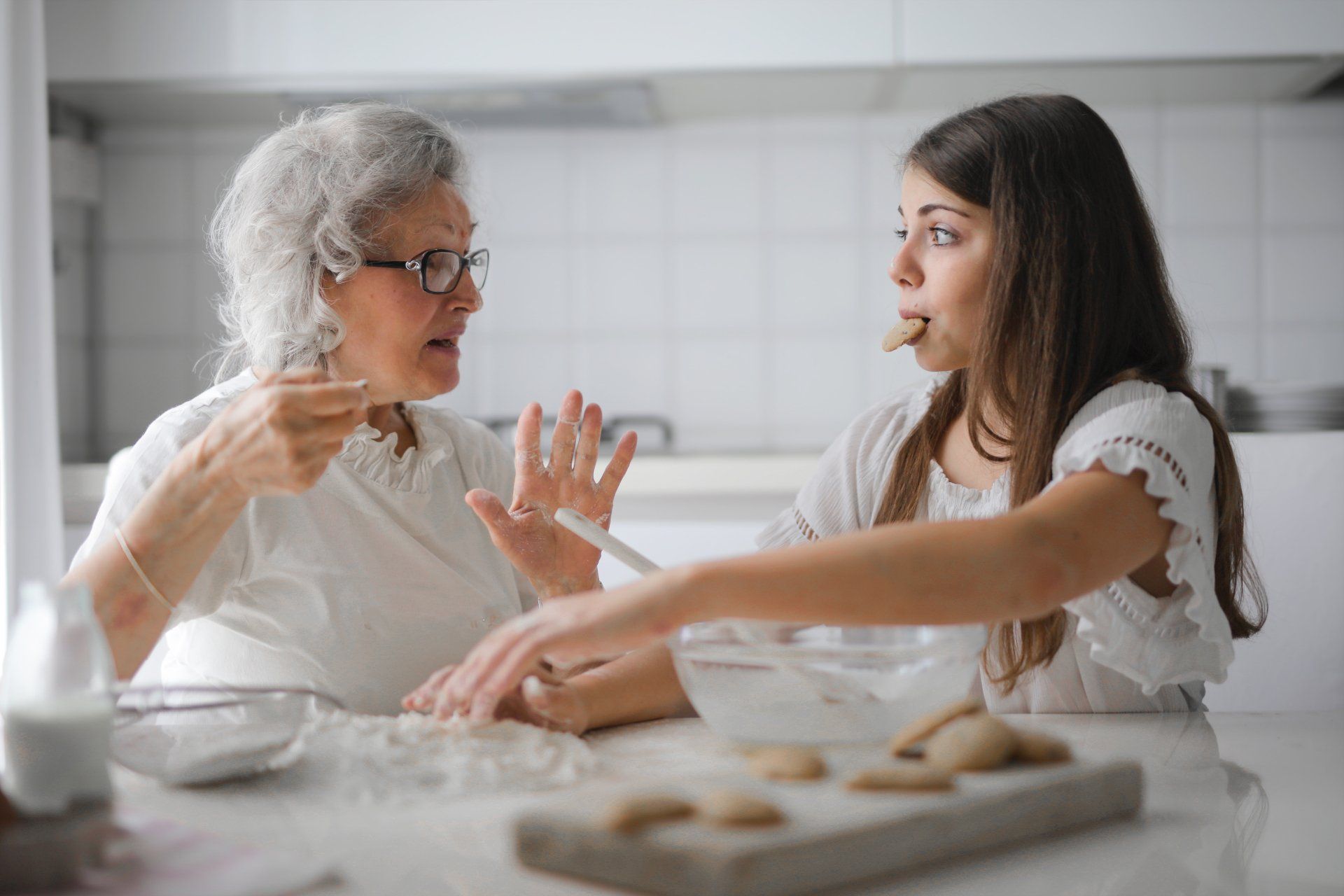
Many people think that senior care is simply for taking care of basic needs, but our approach is much more relationship-based.
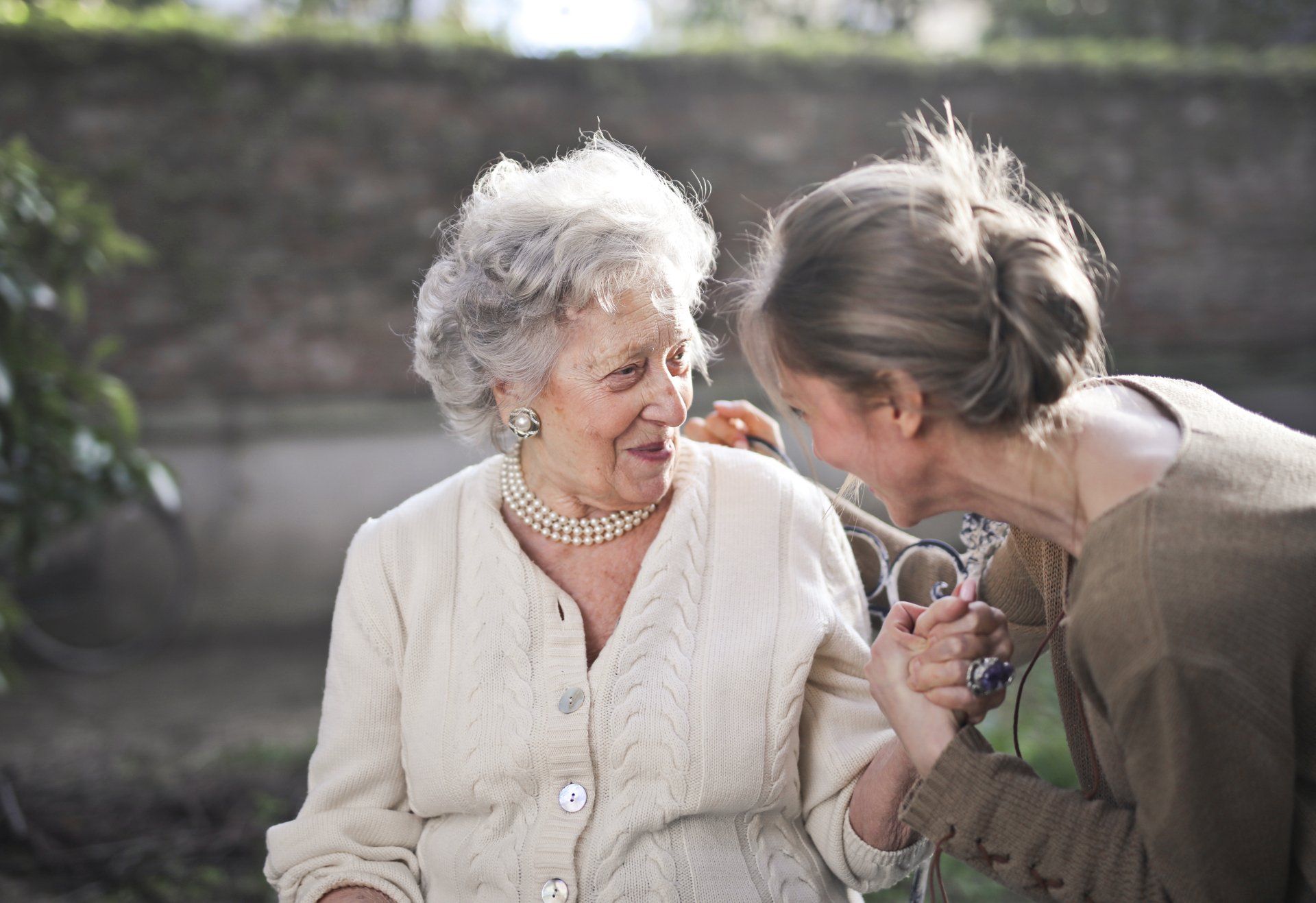
Discover the unique benefits of in-home care services ensuring you can age gracefully and comfortably in the familiarity of your own home.

In-home Senior Care helps the elderly remain in their home while getting assistance throughout the day. For more read our full article.

Learn about the many advantages of in-home care from companionship to customized treatment plans.
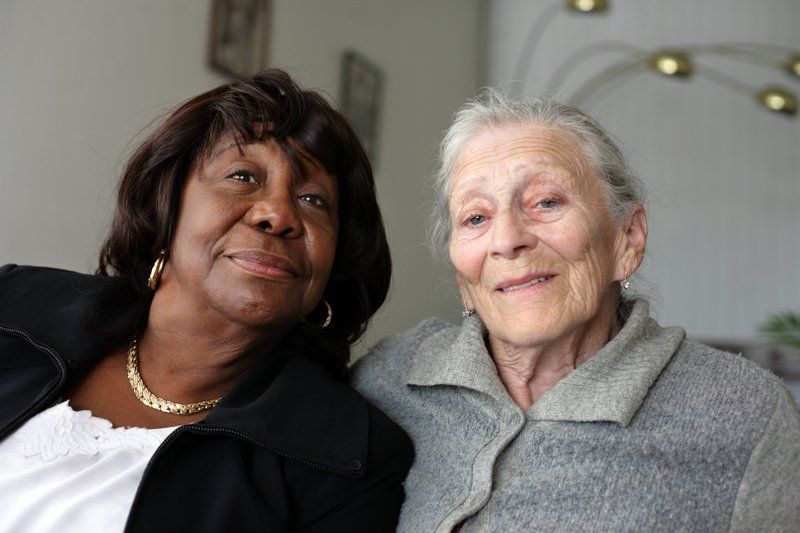
In-home senior care offers personalized attention and close companionship, meeting both emotional and physical needs. If you're new to this, here are a few key tips to keep in mind.

Finding quality senior care can be overwhelming, but many are choosing in-home care for its personalized plans and familiar setting. Here are a few tips to maximize the benefits of in-home senior care.
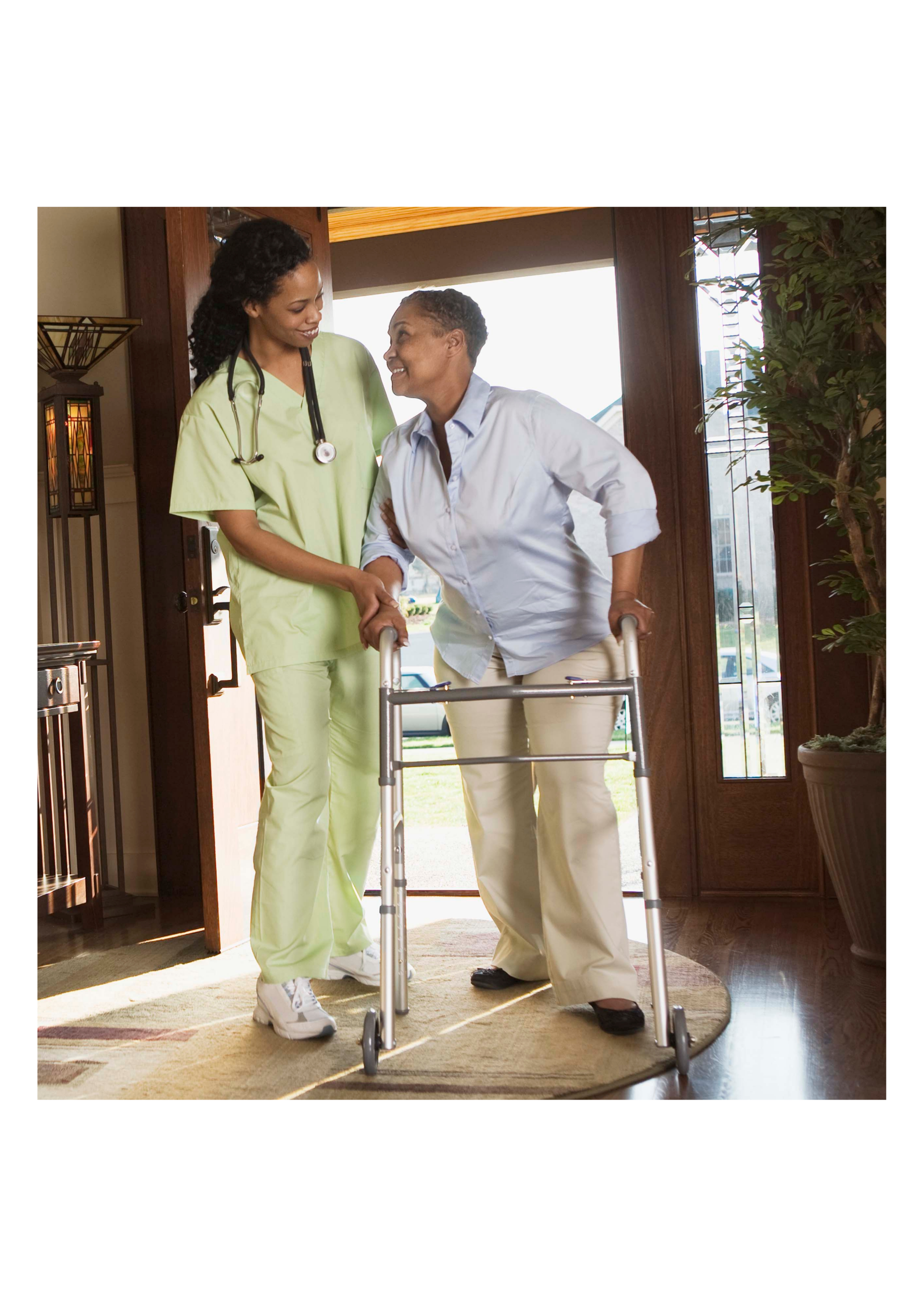
As loved ones age, self-care becomes challenging. In-home care can better address their physical, emotional, and spiritual needs, promoting happiness and independence.

Home care and home health agencies stand ready to serve the senior community in the privacy and comfort of their homes.
Recent Articles
Ready to get started?
Get Started



About Us
Addresses
Washington DC Office
4301 Connecticut Ave. NW,
Suite 437, DC 20008
Annapolis
1997 Annapolis Exchange
Pkwy Ste 300,
Annapolis, Maryland 21401
-
Washington DC
4301 Connecticut Ave. NW,
Suite 404, DC 20008
Phone: (202) 607-2525
Fax: 771-772-3062
-
Annapolis
1997 Annapolis Exchange
Pkwy Ste 300,
Annapolis, Maryland 21401
Phone: (202) 607-2525
-
Alexandria
85 South Bragg Street, Suite #200A
Alexandria, Virginia 22312
Phone: (703) 936-0821
-
Culpeper
609 S Main St
Culpeper VA 22701
Phone: (703) 936-0821

